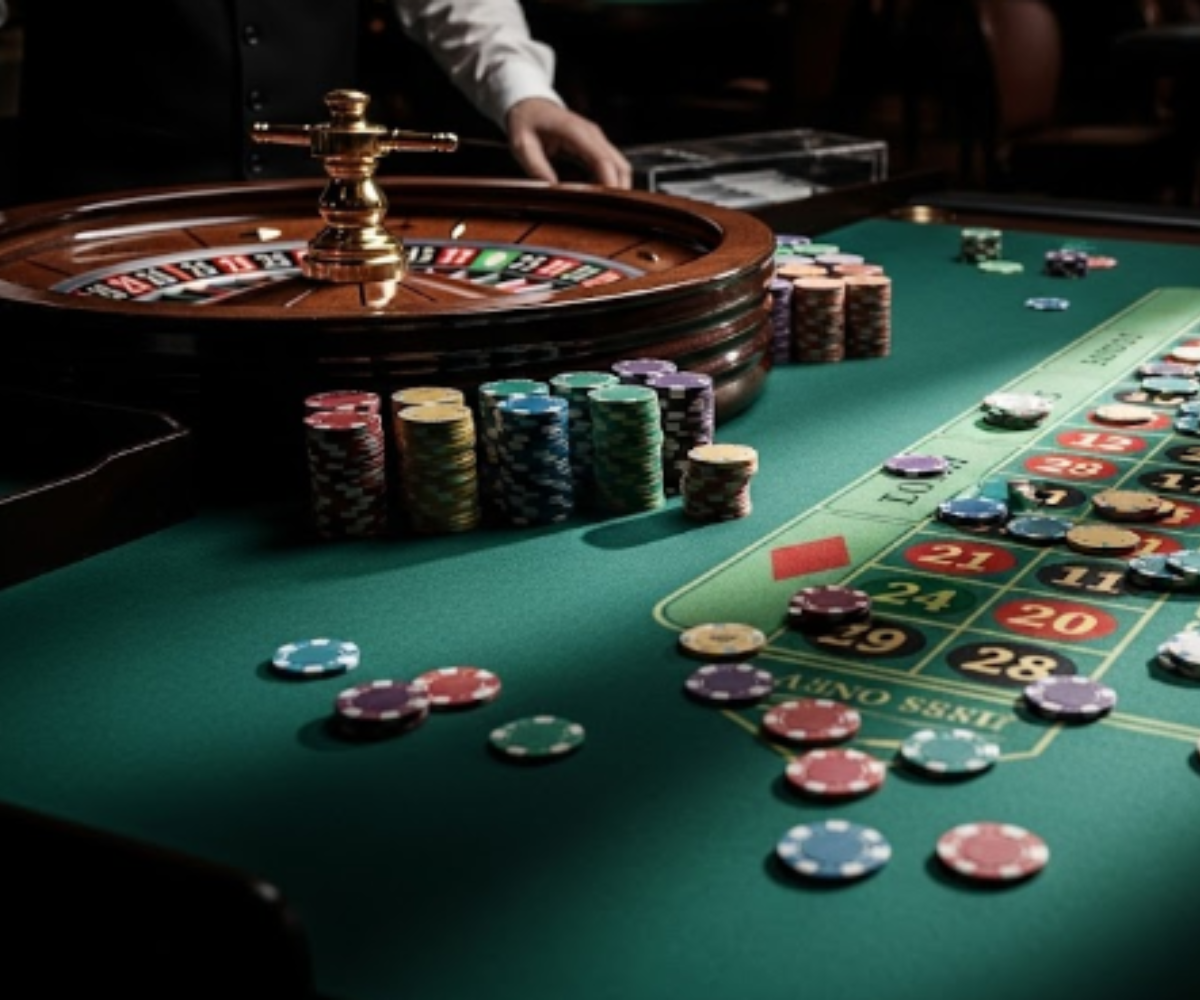The roulette wheel, a staple of casinos worldwide, boasts a fascinating history that intertwines mathematics, gambling, and cultural evolution.
Its origins can be traced back to the 17th century, with various theories about its invention and development.
Invention by Blaise Pascal
The most widely accepted account attributes the invention of the roulette wheel to Blaise Pascal, a French mathematician and physicist. In his quest to create a perpetual motion machine around 1655, Pascal inadvertently developed a prototype of the roulette wheel. Although his original experiment failed, the mechanics he devised laid the groundwork for what would become one of the most popular casino games in history.
Early Variants and Development
While Pascal's contribution is significant, the concept of spinning wheels for gambling dates back further. Various early versions of wheel-based games existed in Europe during the 17th and 18th centuries. By the late 18th century, modern roulette began to take shape in Paris casinos. The game featured a layout similar to today’s but initially included a single zero pocket that was red, while the double zero was black—this color scheme later evolved to include green for both zeroes to reduce confusion among players.
Read: Why Are Casino Chips Used Instead of Cash?
The Addition of Zero
A pivotal moment in roulette's history occurred in the mid-19th century when François and Louis Blanc introduced a single zero on the roulette wheel specifically for King Charles III of Monaco. This modification not only increased the house edge but also transformed Monte Carlo into a gambling haven after France outlawed gambling. The casino became synonymous with luxury and high-stakes gaming, attracting wealthy patrons from across Europe.
American Roulette Emerges
Roulette made its way to America in the 19th century, evolving further as it crossed the Atlantic. American casinos adopted a double zero format, adding an extra pocket to the wheel—resulting in a total of 38 numbers (1 through 36, plus 0 and 00). This change significantly increased the house edge compared to European roulette, which only features a single zero. The American variant quickly gained popularity in gaming halls and riverboats along the Mississippi River.
Cultural Impact and Modern Evolution
Over time, roulette has transcended its origins to become not just a game of chance but also a cultural icon. Various adaptations have emerged globally, including unique versions like California Roulette, which uses cards instead of a traditional wheel due to legal restrictions on spinning wheels4.The game has also inspired numerous legends and superstitions, earning nicknames such as "The Devil's Game" due to the sum of its numbers equaling 666—a number often associated with superstition and folklore
The history of the roulette wheel is a rich tapestry woven from scientific inquiry, gambling tradition, and cultural significance. From its inception by Blaise Pascal to its evolution into various forms across continents, roulette continues to captivate players with its blend of chance and strategy. As it stands today, it remains an enduring symbol of excitement within casinos worldwide.







%20(1200%20%C3%97%20232%20px)%20(9).png)











